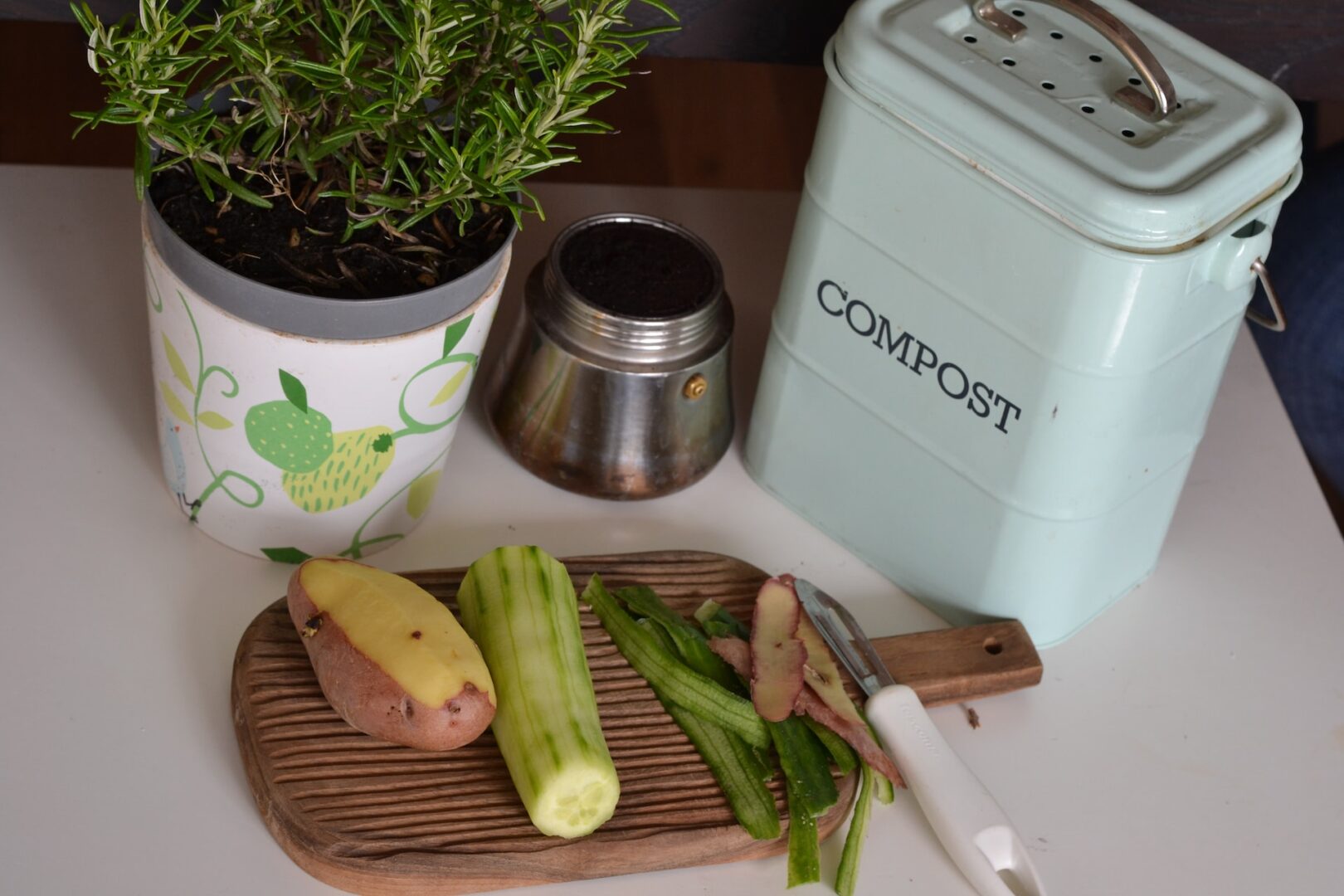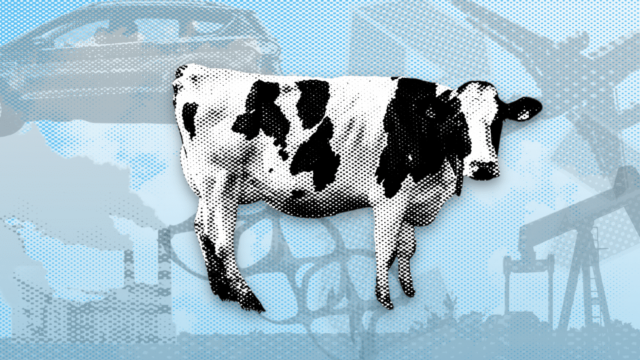If being more sustainable and participating in a more circular economy is one of your resolutions for this year you have come to the right place.
The way our current system is set up, we extract, use, and then dispose of resources — which is putting huge pressure on the natural world and communities around the globe. This is the linear “take-make-waste” economy, and right now Ecojustice is working with partners to develop a vision for a truly circular economy.
A circular economy involves sharing, leasing, reusing, repairing, refurbishing, and recycling existing materials and products to expand their life cycle. Most important of all, it involves extracting fewer resources and making less stuff. With a circular economy you get more value, and less waste. Below are tips that will help the planet and reduce costs to you.
Around the home
- Attend local repair cafes to learn how to repair your home electronics and extend their lifespan.
- Use reusable, rechargeable items such as batteries whenever possible.
- If it’s time to upgrade, choose greener energy items for your home like heat pumps.
In the kitchen
- Eat less meat, choose seasonal products, and buy local food when possible.
- Cut down on food waste, and compost food scraps.
- Ditch paper towels and use reusable dish towels and wipes.
When cleaning
- Use cold water and hang laundry to dry.
- Make your own chemical free cleaners or choose ecofriendly versions.
- Repurpose old items like toothbrushes or old clothing to make cleaning supplies.
When shopping
- Repair or repurpose clothing when possible. Here is a simple guide to sewing a button.
- Host clothing swaps, try thrifting, and donate no longer needed items.
- And of course, bring your own reusable bag.
We hope these simple tips help you have a greener, and more affordable 2024.
Ultimately, making our economy circular will require more than just individual action. Both governments and industry must take action, including by reducing resource extraction, stopping deliberate efforts to make products break before the end of their lifetimes (or “planned obsolescence”), and ending the promotion of false solutions like chemical recycling. A truly circular economy must respect the limits of what earth can provide and ensure the health and well-being of all, including future generations.
You can count on Ecojustice to continue responding to the most pressing environmental justice issues facing Canada this year!



